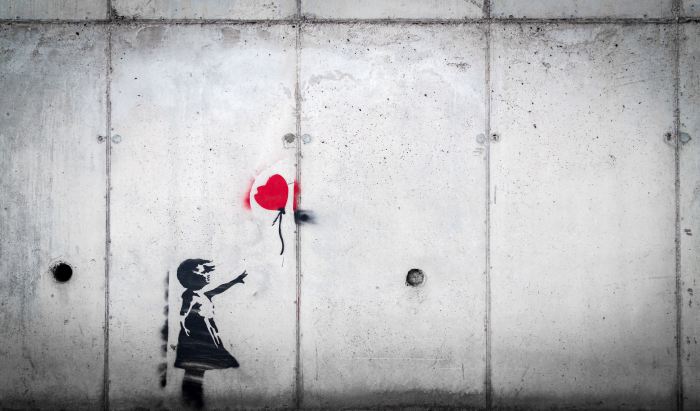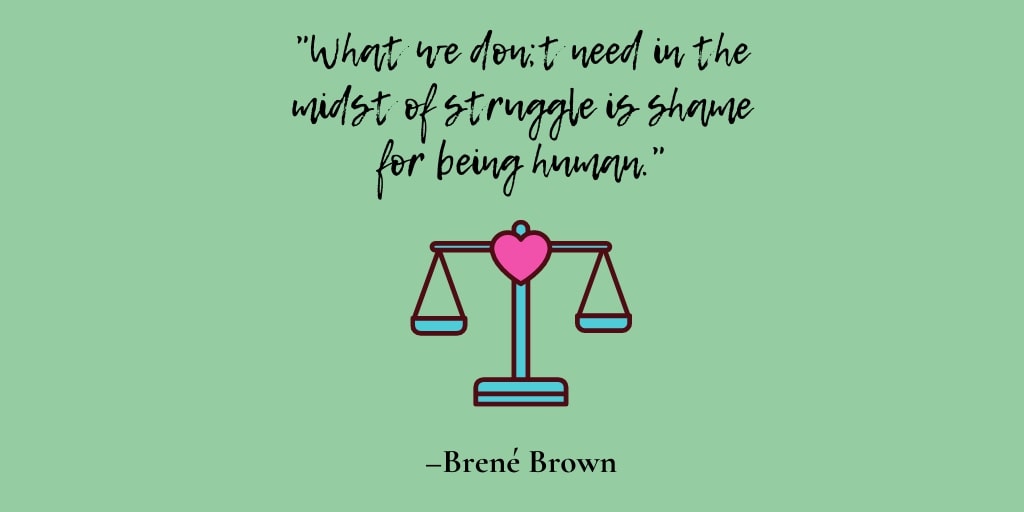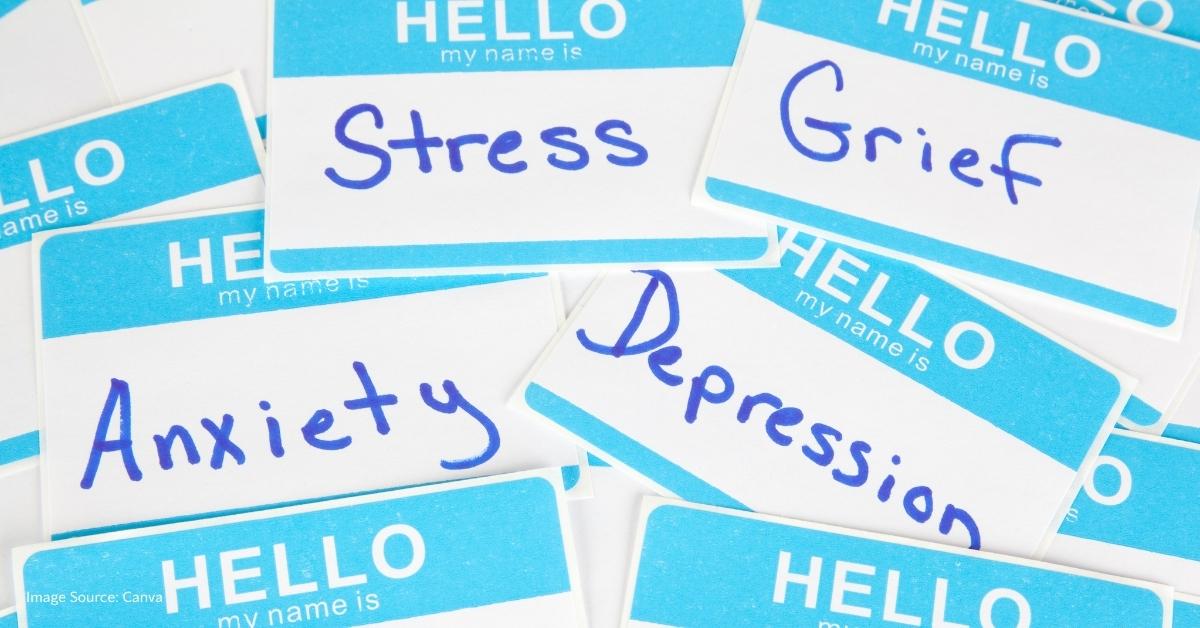Written by Vanshita Sharma | Reviewed By John Victor | Updated On September 26, 2022

Listen to this article in Audio
“Hey, why are you crying? You should not. You should always be happy.”
“Crying is a sign of weakness. Don’t be a crybaby. A real man never cries.”
“You shouldn’t get angry at elders. A good girl never does that.”
“They’re boys, what did you expect? They’re going to behave like that. You shouldn’t get angry.”
You shouldn’t be angry, disappointed, sad, irritated, furious, lonely, and what not. Every emotion we feel is suppressed and has been suppressed since childhood. The only thing we’re allowed to feel is “happiness”, which is ironical considering without the other emotions, happiness or joy can’t be felt. Our parents, our friends, our teachers shape our childhood with such statements and bind us to the “shoulds” of the society, and feel that this is the rightmost thing to do just because it’s natural for them. What they don’t realize is that such small “innocent” and “right” remarks prevent us from expressing our need to be heard and seen the way we are, our authentic selves. And as a result we lose ourselves in the process of growing up with these “shoulds”, which now govern our behaviours, thoughts, feelings, relationships, and most importantly give rise to the “inner critic” that resides very casually in our minds.
To be honest, this is just a small aspect of what is called: childhood trauma. Trauma doesn’t need to be always the “big events”, like sexual or physical abuse, neglect, death, etc. It can be in the form of such remarks; overcompensation by parents; parental denial of our reality; parents who focus on appearance or have trouble in regulating their own emotions; a critical teacher pointing at our faults. Trauma doesn’t need to be defined by the social norms; it is a perception of what’s traumatic for us—not for parents, not for friends, and definitely not for the society. Anything that affects us and stays with us for the rest our life is trauma.
Such traumatic experience, most often unknowingly, manifests in some way when we become adults and wonder, “Why am I behaving like this?”, “How can I do this?” Such questions are the result of shame we all experience whenever we express our authentic selves, because with that expression comes along unresolved fears, such as fear of abandonment, fear of not being “perfect”. Some instances of manifestations of such childhood trauma include:
We feel shame because when we look back to our childhood and feel how we were given support, love, and everything, and thus, we feel that we “should” feel fine, feel “happy”. This leads to feeling guilty for all the emotional issues we face, and we get stuck in the shame cycle. There’s a difference between ‘guilt’ and ‘shame’: being guilty means, “I did something bad”, which can be fixed; however, shaming oneself means, “I am bad”, it’s the generalization to ourselves—a form of cognitive distortion—which leads to repeated self-betrayal. Instances of self-betrayal would be: sacrificing our needs for relationships to long-last; achieving only to feel validated; saying “yes” to things and situations without wanting to; second-guessing ourselves; believing the other person must no longer like us in the case of conflicts.
All these experiences can be unlearned as we get in touch with our realities, set and practice emotional boundaries, identify and express our emotions in a healthy way in the presence of a safe companion, encourage creativity and play by being curious and courageous, practice acceptance of one’s good and bad, be kind to oneself, and practice self-compassion by understanding rather than criticizing.
If you feel you’re stuck in this cycle, remember that you’re normal. You’re just responding in the way you’ve learned, and you’re more than capable of healing.
.jpg)
Parenting-Kids
6 Helpful Ways To Cope With Working-Mom Guilt | Reevin
Parenting-Kids
Small Steps For Building Parent-Child relationship | Reevin
Parenting-Kids
What is Behind The Feelings of Shame?
Parenting-Kids
How To Deal With Impending Mental Health Crisis?